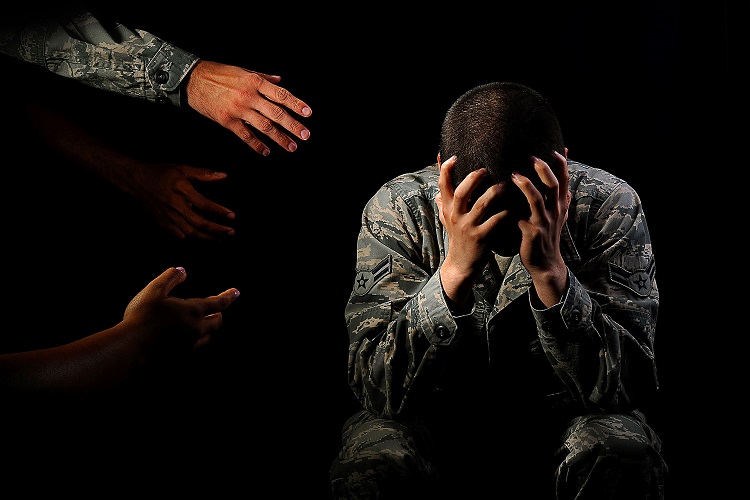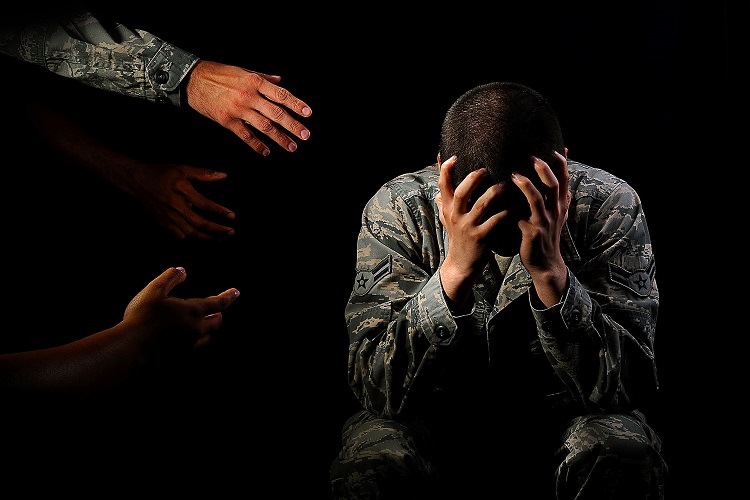

Photo courtesy of Devin N. Boyer
By Nick Halmasy
I have had many discussions with various fire service people across the entire spectrum, from firefighters to chiefs, and something strikes me as odd. We discuss the “culture” of the fire service, and we always know what the “other” means. However, take the idea just a step further. How do YOU describe fire culture?
It’s tough, isn’t it?
Regarding mental wellness, we seem to want to promote fire culture as a way of maintaining a type of invisible barrier toward making progress. We say fire culture needs to “catch up” or that “it’s the culture of the fire service that makes implementing these things difficult.” Next thing I know, I’m speaking with the chief who is forward-thinking and supportive. Then I speak with the deputy, and the firefighters on the ground seem to support this as well. And then I start to become confused with where this cultural barrier lies.
However, the issue may lie more in our wish to accept that mental wellness is a concern while also distancing ourselves from it. Obviously, it becomes very difficult to make any blanket statements that would stick, and each department will invariably have its nuances and issues. As far as I can tell from speaking with people, this is where I land.
We want to be supportive from a distance. Or, as a friend has said to me, we want “awareness”; this means the work is someone else’s problem. Similar to a hazmat awareness level, we know just enough to think that the chemical is scary and that we are ill-equipped to handle it.
And then, we call someone else.
I have never endeavoured to create firefighting therapists. And I will never suggest that this is what we need. Indeed, creating partnerships with local mental health agencies and getting those folks familiar with each other is a likely way of moving toward a more accepting attitude on mental wellness. By continuing to suggest that simply having access to an Employee assistance program is enough, management may inadvertently promote the idea that they do not take the issue at hand seriously. From those with which I have engaged, I hear that they wish they knew more, that they understood more, and that they were given a clear understanding of the issues that can affect them and what they can do to support each other.This is the key to overcoming “fire culture” barriers.
RELATED: Kim on The Basics of Mental Health ‖ Marinucci: Out of My Mind—Addressing the Mental Aspects of the Job ‖ Kenny on “Mayday” for Mental Health
We must allow and support those on the front lines to engage in mental wellness training just enough to ensure that they are effective for their peers. After all, the research shows that peer-to-peer work is often the most accepted and effective at overcoming mental wellness adversity. The culture, as we are told, has an issue with “outsiders.”
This is likely the most obvious barrier toward accepting help. And yet, this we consider part of the fire culture; it is more likely an issue with human beings in general. We don’t want to accept that we might have a mental wellness concern. We continue to propagate the idea that having a mental health issue is somehow a weakness of character. This is exaggerated within the fire service because on the baseline we have this idea of the “hero.” Now, we may have issues with this individually, but a simple Google search for firefighter images can show you the baseline cultural view. With flames, explosions, and being armed with axes, the hero image is difficult to deny as solidified. And, what runs counter to this image is the opposing cultural view that mental wellness is a weakness.
We can hear this echoed by those from previous generations (although we still have these hardened ideas sprouting from newer members as well). We can consider this idea of mental wellness as a weakness from the resulting cultural view of an entire organization, when no overt messaging for the opposing view is available. Therefore, staying silent, in effect, supports the idea. We know—or at least ought to know—that mental wellness issues within a career of trauma is inevitability. (Note that I am not suggesting that we will develop mental health issues.)
Indeed, by taking the issues of mental wellness seriously, we can mitigate many of the contributing factors that later lead to the very mental wellness issues that we wish to avoid. This is an unfortunate irony.
We now have a bit of a better grasp on what fire culture might be. The development of a cultural idea is both external (the beliefs and ideas that the public gives to us) and internal (the ideas and beliefs that the organization holds). And, when we discuss fire culture as being a barrier, we can at least look to see if what we mean is that we—yes, we—want to avoid having the responsibility of helping others based on the injury.
So, what can we do about it?
First, provide an organizational “check-in.” What is the messaging that you may be sending unconsciously? When you are asked or offered to go above and beyond simply having “bread-and-water” mental wellness interventions, do you suggest that operational costs are too high to consider it? Or (perhaps the most egregious) do you believe that this isn’t an issue for your department? We have a natural propensity toward blaming and wishing to pass the onerous onto others. We wish to label it a result of stigma, of management, or of whatever other issues there are. But, we fail to recognize that we can create a powerful subculture.
This subculture is one of mental wellness acceptance and an understanding of its seriousness; one that takes the mental well-being of our members the same as those of their physical well-being. When someone falls, we offer almost reflexively to pick them up. We can also create a subculture of being able to respond similarly to mental wellness falls. After all, it is more likely that we will experience a mental wellness issue in our lives, so why not help now and develop the network of those who can helps us later when we may need it.
Creating, if needed, a grassroots subculture allows the conversations around mental wellness to occur. And, talking about them is the number-one best thing we can do to trying to eliminate the stigma around it. Once it becomes everyday parlance, then it becomes an excruciatingly simple process that begins to spill the subcultural effects into the larger fire culture.
The hard part? Being the one who wishes to be more than just “mental wellness aware.” Instead, be a proponent for mental wellness, one who will suggest first that a call has bothered you. Remember, you are most certainly not alone in this and that, by stepping up, others will certainly follow.
 Nick Halmasy is a retired fire instructor, psychotherapist, and mental wellness advocate who founded After The Call, which offers free mental health resources for first responders and their families. Followi him on Facebook or Twitter and connect with him at nhalmasy@afterthecall.org.
Nick Halmasy is a retired fire instructor, psychotherapist, and mental wellness advocate who founded After The Call, which offers free mental health resources for first responders and their families. Followi him on Facebook or Twitter and connect with him at nhalmasy@afterthecall.org.

